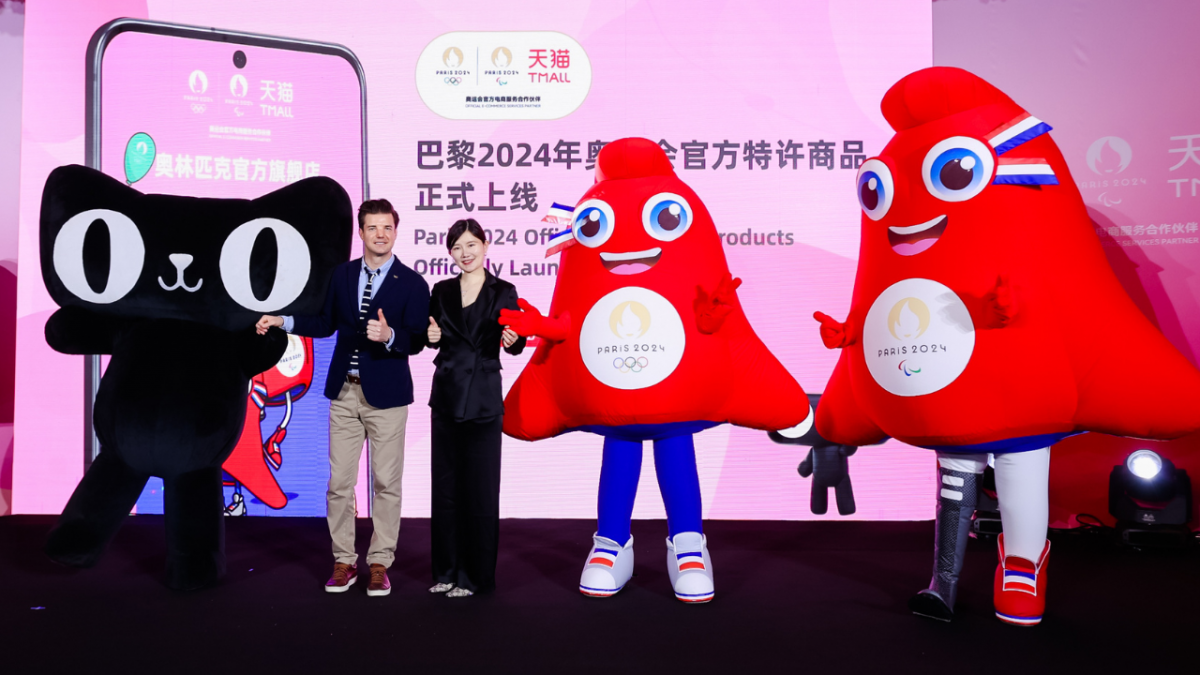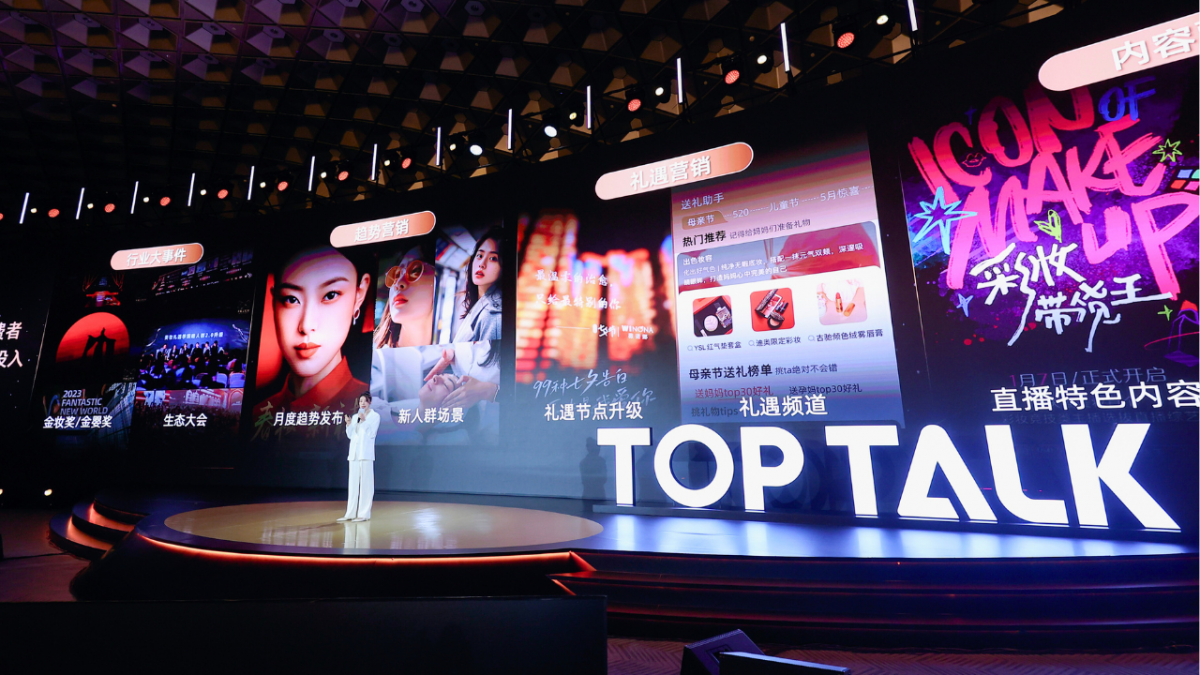
Shopping festivals occupy a special place in the heart of Chinese consumers – a key reason brands need to learn to navigate the long list of shopping holidays on the national calendar.
Many holidays are tied to cultural tradition, like family reunions during the Lunar New Year, while other occasions, like 11.11, are modern inventions to celebrate and entertain. A distinct gifting culture is usually associated with many of these holidays. For example, the Chinese celebrate three Valentine’s days each year, where couples express their love through gifts.
Unlike Western shopping holidays that focus on discounts, shopping festivals in China are a combination of shopping and entertainment. Consumer expectations are heightened by novel digital experiences, star-studded galas, and new product launches by brands.
Getting these festivals right can be lucrative for brands. In 2020, Alibaba generated $74.1 billion of GMV during 11.11 Global Shopping Festival, the crown jewel of all shopping festivities in China. Others, while smaller, can add a significant amount to a brand’s annual bottom line.
A recently released WPP report, titled “Dates with Destiny” deciphers how brands can win over customers and generate sales at these shopping festivals.
“There is much we can all learn from Chinese shopping festivals. The innovation, brand focus and technology activation differentiates Chinese shopping festivals from sales and discount events that have run for decades in other countries around the world,” said, David Roth, the author of the report and CEO of the Store WPP, EMEA and Asia.
Below are some top takeaways from the report.
Plan Early and Let Long-term China Strategy Govern Festival Tactics
WPP’s most-important advice for brands is “planning – in great detail and long in advance.” The report reminded brands not to apply their deals-driven Black Friday strategies to Chinese shopping festivals.
A winning formula starts with thinking about shopping festivals as an integral part of brands’ long-term China strategy. The report noted that brands should focus on attracting new customers rather than the one-day sales figures, as the newly acquired customers will translate into sales for brands all year round.
For 11.11 in 2020, sustainable fashion brand Allbirds partnered with Tmall to create an exclusive running shoes collection featuring the brand’s carbon scorecard story.
“If we want to build a sustainable future for the world, China is a big part, and 11.11 was a window to the world to tell our story. We are in there (China) for the long game,” said Allbirds Senior Vice President, Commercial Sandeep Verma.
There are signs its approach is working. Allbirds’ China business more than doubled in 2020 from a year earlier.
Focus on Value Rather Than Discounts; Luxury Brands Should Take Part
Instead of focusing on deep discounts, festival shoppers in China have come to expect value for money from “new releases, limited editions, fresh collaborations and special packaging,” noted the report.
Chinese festival shoppers’ focus on novelty and excitement offers a unique opportunity for luxury brands to engage with them during these holidays. The report highlighted French luxury homeware brand Christofle’s success in its first 11.11 last year. For the 11.11 festival, the brand launched a new Royal Jack collection of pet accessories and featured special collections created by singer Pharrell Williams and Chef Jean Imbert. While there were gifts with purchases and lucky draws, the brand strategically decided not to offer any discounts.
“Tmall is our biggest display window in China. The fact Christofle could succeed without dropping prices was key learning about festivals in China,” Christofle CEO Nathalie Remy told WPP. The brand recorded five times its average daily sales on 11.11 and, during the festival, also found potential consumers whom it can re-target.
Shopping Festivals Are Not Just for Mega Brands
Festivals in China are not just for large multinational brands. The study highlighted the significant visibility small brands could gain from participating in shopping festivals like 6.18 and 11.11, with “the right content and marketing investment.” The report attributed the advantage of small brands to their ability to fulfill niche consumer demands from increasingly sophisticated Chinese consumers, particularly in the health and wellness category. Texas-based sun-care brand Supergoop was one emerging brand that launched in China in early 2020, just when Covid-19 started to hit. The brand focused its investments in marketing for its first 6.18 shopping festival. The result was “beyond its wildest imaginations,” and “it was the first time to see how we would stack up as a newbie in the market,” said Amanda Baldwin, President of Supergoop, in the report.
Livestreaming Is Part of Every Brand’s Winning Festival Strategy
Using livestreaming to engage Chinese consumers has become an absolute necessity for brands after the Covid-19 outbreak. A record 560 million Chinese consumers were watching livestreaming by March 2020, estimated the report. Because of the interactive selling nature, livestreaming not only generates substantial sales for brands but also helps maintaining relationships with the consumers. For last year’s 11.11, Michigan-based floor care brand Bissell leveraged livestreaming to show and tell the effectiveness of its cleaning devices in an 18-hour streaming marathon, which resulted in a quadrupling of sales year-over-year.
Livestreaming sessions can also take a variety of forms. Top Key Opinion Leaders (KOLs), in-store associates, brand CEOs and even virtual anime figures can all be livestreaming hosts for brands. Brand CEOs are best explaining their product functions, while virtual livestreaming idols are well-followed by Gen-Z consumers.
China’s Shopping Festivals Have Global Implications
The success of China’s shopping festivals has inspired other markets to launch their own local e-commerce holidays. The report highlighted Indonesia’s December shopping festival Harbolnas and Coresight Research’s 10.10 Shopping Festival in the U.S. as two invented events that boosted sales and excitement, similar to the shopping occasions in China. They have both seen tractions in their local markets.
WPP also hosted a virtual launch event featuring executives from Allbirds and Christofle. See a replay here.
Sign up for our newsletter to receive the latest Alibaba updates in your inbox every week.




